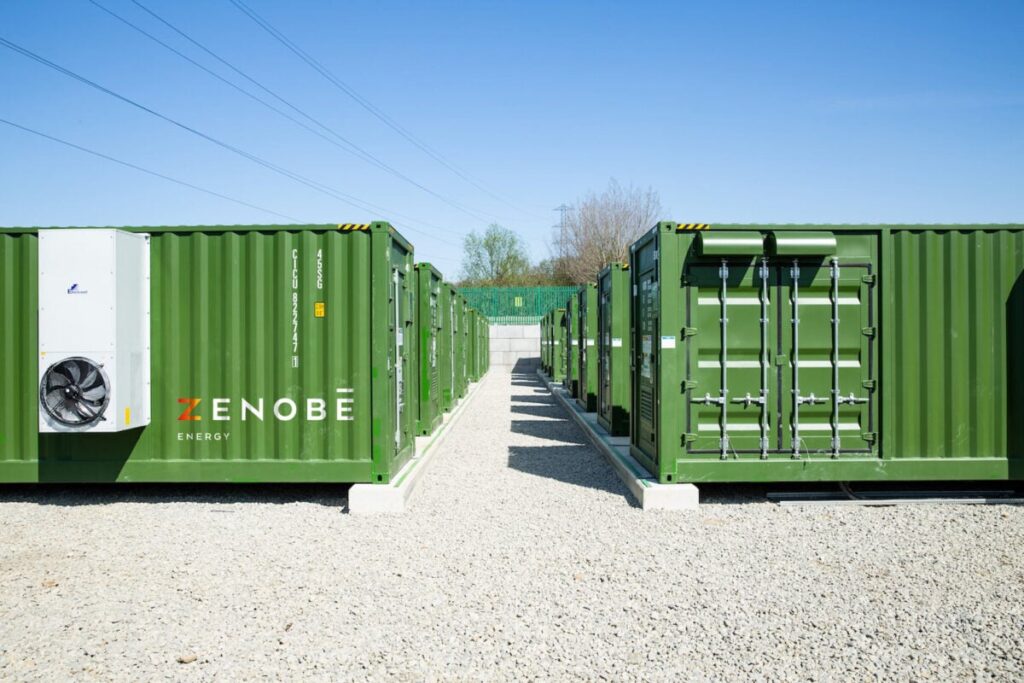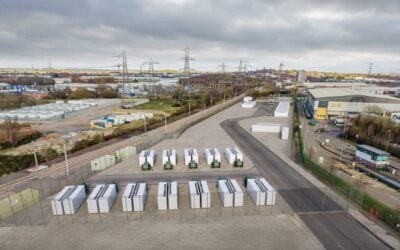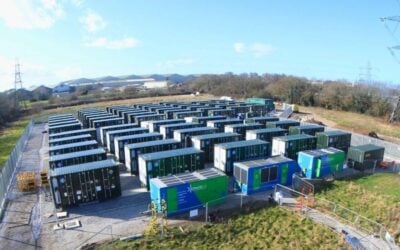
A coalition of battery storage developers, including Zenobē, Eelpower, Harmony Energy and Field, has penned a letter to the UK government and National Grid Electricity System Operator (National Grid ESO).
According to the coalition, constraint skips are “holding back investment and driving up consumer bills”. It argues that the ESO, set to transition in October to a new role as National Energy System Operator (NESO), consistently underuses—“skipping”—batteries in its efforts to handle energy oversupply.
Enjoy 12 months of exclusive analysis
- Regular insight and analysis of the industry’s biggest developments
- In-depth interviews with the industry’s leading figures
- Annual digital subscription to the PV Tech Power journal
- Discounts on Solar Media’s portfolio of events, in-person and virtual
Even when batteries are the cheapest and fastest way to meet the demands of the GB grid, the Electricity System Operator favours other options: when there is too much wind power and the system is unable to transport it elsewhere, the most straightforward options are to turn off the turbines or store the excess in batteries. Often, the latter is cheaper as it avoids the ESO having to pay wind farm operators to switch off and potentially paying for gas-fired power plants in another area to turn on.
Data collected by the battery storage developers shows that some battery sites are skipped over during constrained periods 90% of the time. According to the letter, the consequences of this see “consumers paying more, clean renewable energy being wasted and fossil fuel generation used instead”.
In solving the issue of constraint skips, the coalition argues, the government will deliver lower consumer bills and give investors the confidence to invest in the UK energy transition.
In 2021, National Grid ESO’s Modelled Constraint Costs Network Options Assessment (NOA) 2020/21 paper suggested that constraint costs for consumers could hit £2.5 billion (US$3.33 billion) per year over the next decade.
Notably, the letter focuses on the potential for private investment that government legislation could open up. Zenobē founder James Basden said: “Solving this issue does not require major new investment or infrastructure. With more transparency and engagement with industry, we can fix this quickly. The Government has an opportunity to cut bills and emissions by ensuring that grid-scale batteries are being properly utilised and that the market is fit for purpose.
“As a coalition, we are ready to work together with the Government, the ESO and Ofgem to urgently fix this long-standing issue and reduce the consistently high levels of constraint skips we are seeing.”
To read the full version of this story, visit Current.






